News
New blog post!
The skipjack tuna (Katsuwonus pelamis) is a pelagic species with a cosmopolitan distribution in tropical offshore waters. Widely consumed around the world—both fresh and in processed forms—it is one of the most heavily exploited fish species globally, in terms of tonnage, with an estimated annual catch of nearly 3 million tonnes.
💡In our latest post on the ConsCIÊNCIA Animal blog, we explore the welfare impacts of hand line and pole-and-line fisheries targeting skipjack tuna, discussing key welfare risks and potential improvements to reduce suffering in these fishing methods.
🔗 Read the full article here.
🔗 Access its WelfareCheck profile in the fair-fish database here.
(posted on 2026/01/20)
➜About us
FishEthoGroup is a team of motivated professionals focused on improving fish welfare based on their behaviours.
We develop scientific and applied actions to reach our goals by promoting research, helping to disseminate knowledge, giving consultancy, and training about fish welfare.
Want to know more about us? See information below.
Who we are
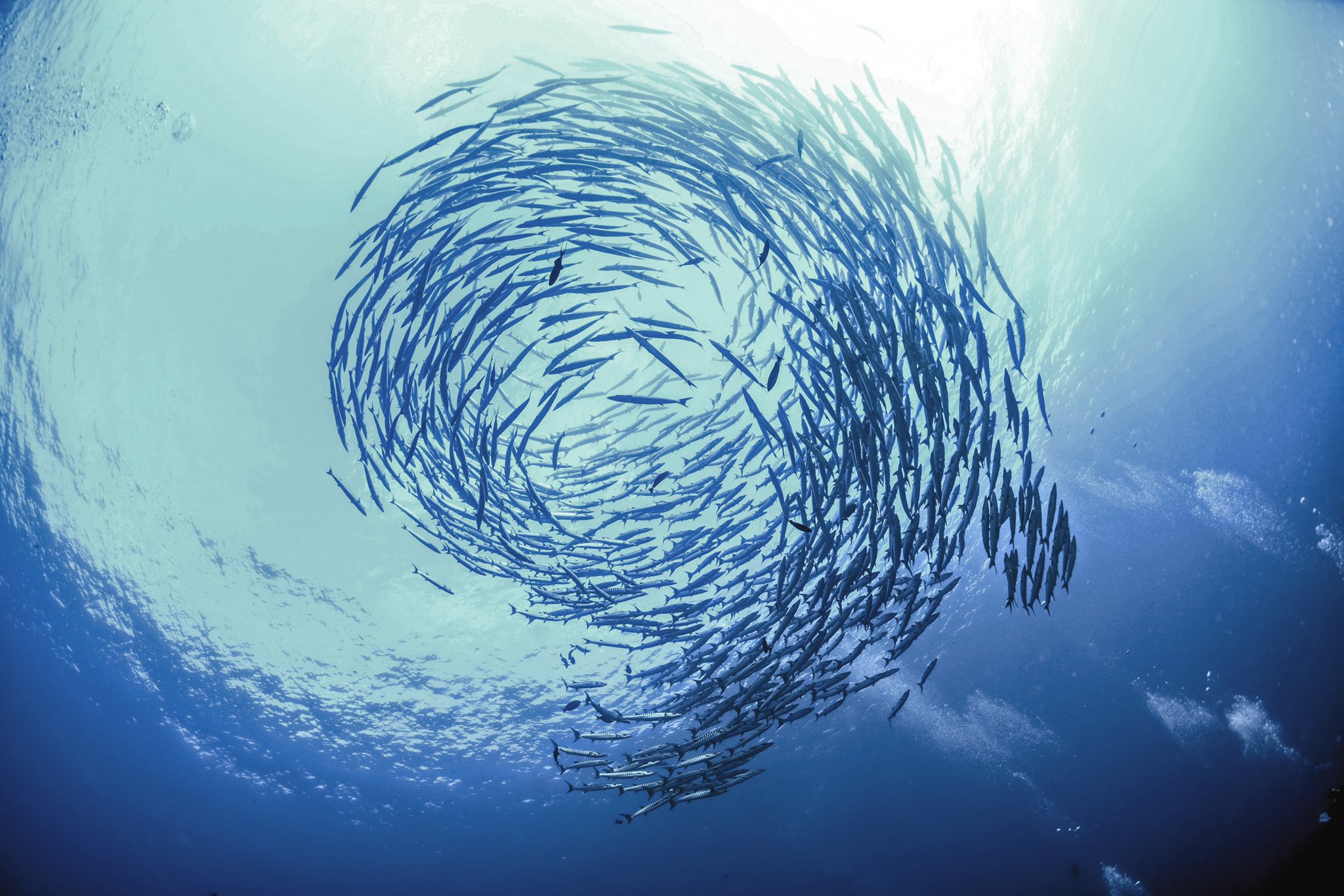
Who we are
We are a non-profit association bridging the gaps between science and the stakeholders in the aquaculture sector: producers, certifiers, retailers, NGOs, policy makers and consumers. Our goal is to study and improve the welfare of farmed fishes and other aquatic animals by applying ethological scientific knowledge into best practices in fish farming.
➜
What we stand for
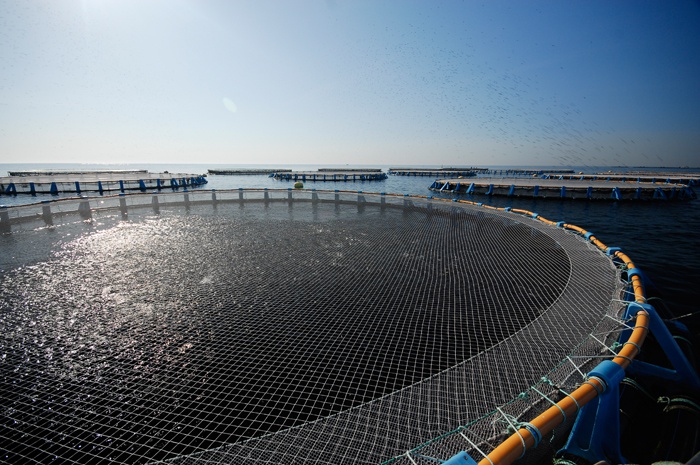
What we stand for
Throughout the years, our team has been involved in many areas of the aquaculture sector, from scientific research to campaigning, from auditing to policy. We use that expertise to promote the welfare of fishes through many initiatives with our partners and collaborators.
➜
What we do
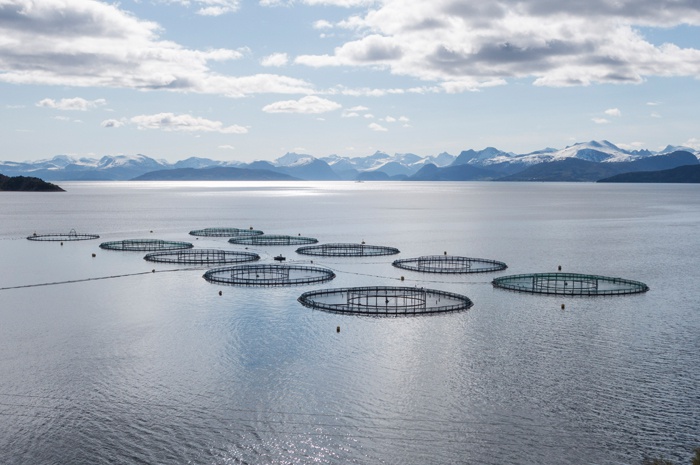
What we do
We develop science-based solutions to assess and improve the welfare of captive and wild-caught fishes. In our approach, we apply a strong background in aquaculture and ethology to address the welfare of fishes. We use state-of-the-art knowledge on the behaviour of a species to understand how its welfare is affected under farming conditions and what we can do to promote it.
➜
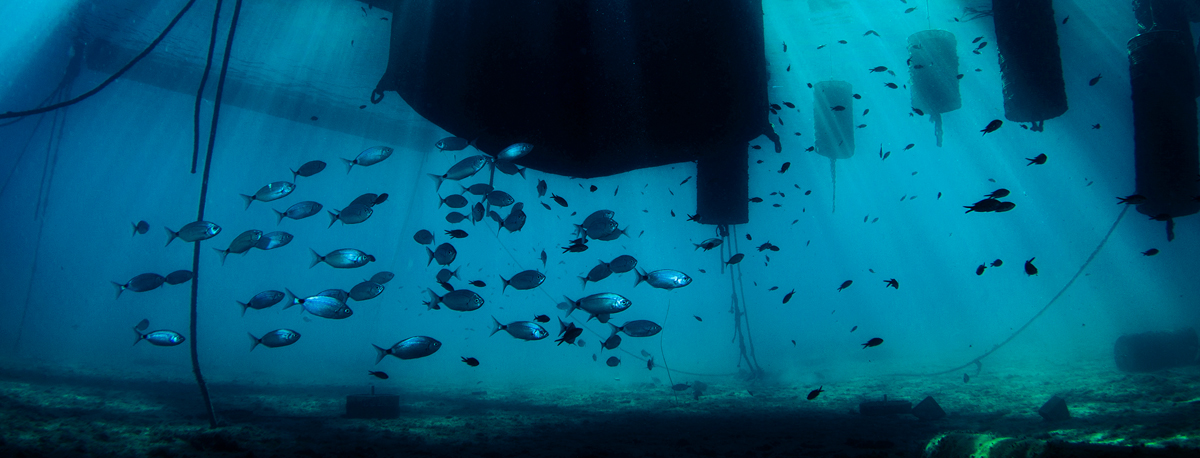

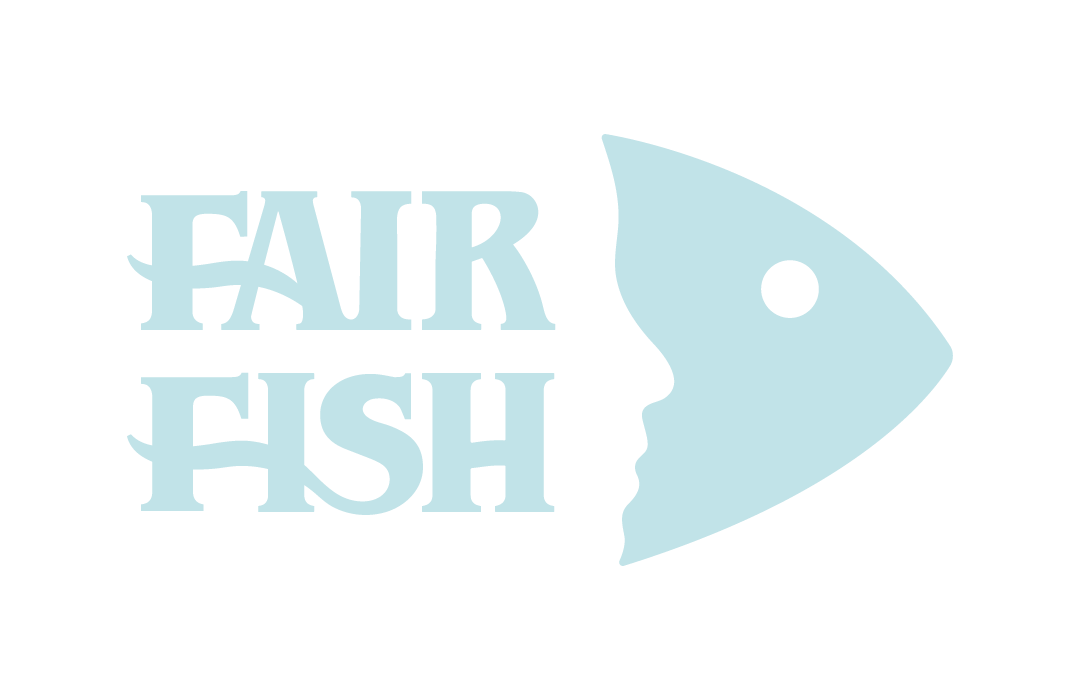



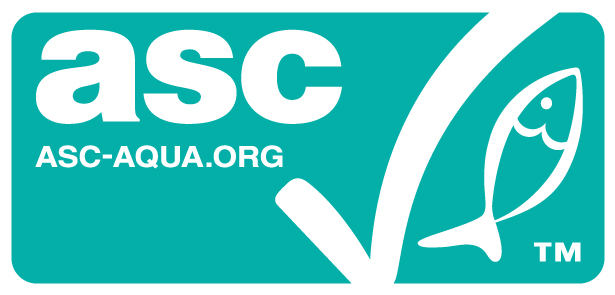




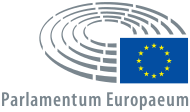









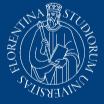



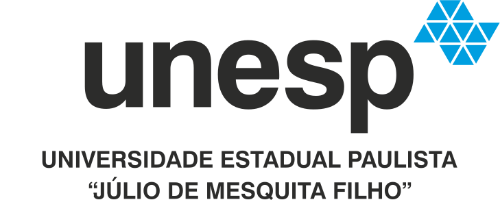

Need help?
If you are interested in scientific and technical expertise applied to welfare in fish farming, please contact us.
We develop custom-made welfare solutions for your initiatives, as consultancy in farms or other facilities, tailored courses, guidance, certification requirements or systems, specific research studies and welfare protocols (see What we do).
Questions? Suggestions? Drop us a line!
Or follow us on our social media!